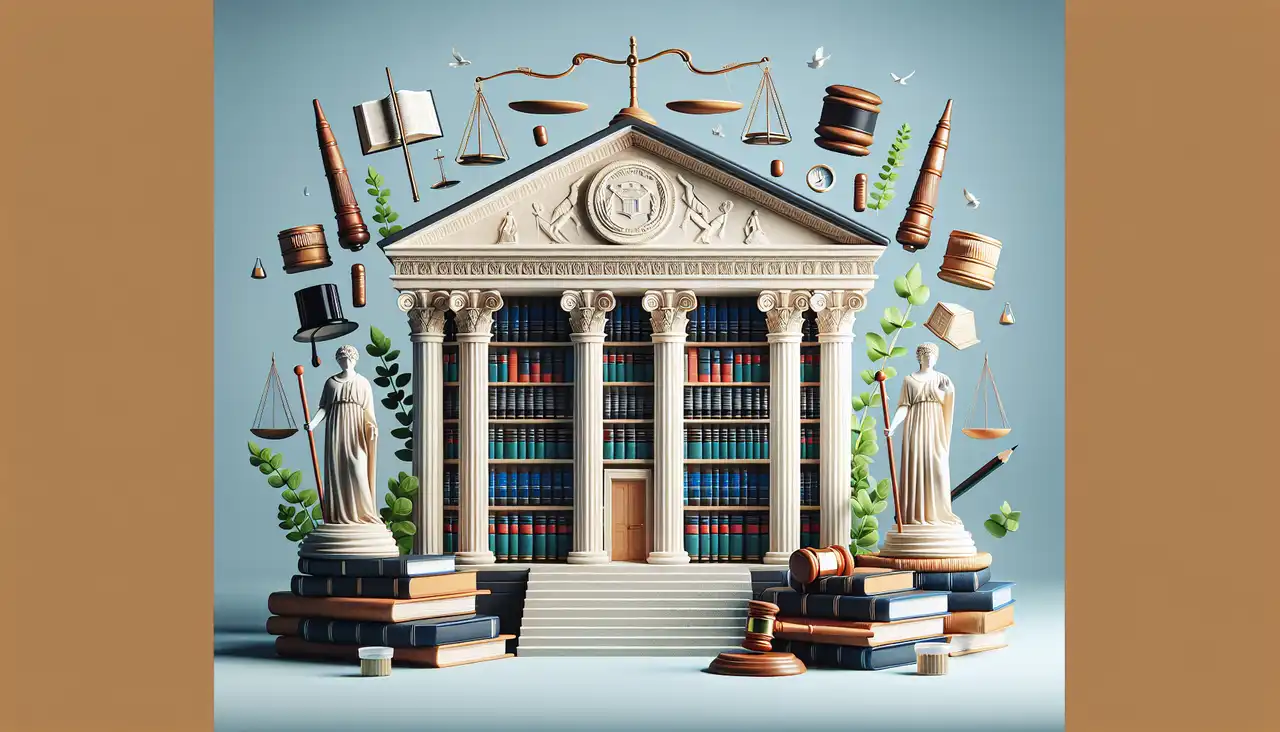

Charles Press
Dr. Charles Press is solving complex problems in the realm of criminal justice and legal advocacy, particularly focusing on the exoneration of wrongfully convicted individuals. As a Clinical Professor at the School of Law at the University of Texas at Austin, he brings a wealth of experience and dedication to his role as the Director of the Actual Innocence Clinic. His work is pivotal in representing death-sentenced prisoners, striving tirelessly to overturn wrongful convictions and secure justice for those who have been unjustly incarcerated. Dr. Press's career is marked by a profound commitment to justice and reform. He began his journey as the first Death Penalty Law Clerk for the Ninth Circuit, a position that laid the foundation for his lifelong dedication to advocating for death row inmates. His legal acumen and passion for justice have seen him occupy various roles aimed at assisting those facing the death penalty, ensuring they receive fair representation and a chance at exoneration. In addition to his work in Texas, Dr. Press has made significant contributions to the legal landscape in Mississippi. He founded a non-profit organization dedicated to providing legal aid to death row inmates, a venture that was instrumental in the establishment of the state-funded Office of Capital Post-Conviction Counsel. This initiative has been crucial in offering much-needed legal support to individuals who might otherwise have been left without representation. Dr. Press's influence extends beyond the borders of Texas and Mississippi. He has also served as a Clinical Faculty Member and Senior Supervising Attorney at the Northern California Innocence Project. In this capacity, he has played a vital role in supervising legal teams and guiding them in their efforts to uncover new evidence, challenge wrongful convictions, and advocate for the innocent. Throughout his career, Dr. Press has demonstrated an unwavering commitment to justice, using his expertise to navigate the complexities of the legal system and champion the rights of those who have been wrongfully accused. His work not only impacts the lives of individuals but also contributes to broader systemic changes within the criminal justice system.
Publications
, 216-238, 1977-04-01
, 1041-1050, 1958-12-01
, 14-17, 1959-01-01
, 143-144, 1966-03-01
, 1051-1052, 1978-09-01
, 720-721, 1998-09-01
, 379-382, 1976-07-01
, 274-275, 1959-05-01
, 271-278, 1963-06-01
, 99, 1982-01-01